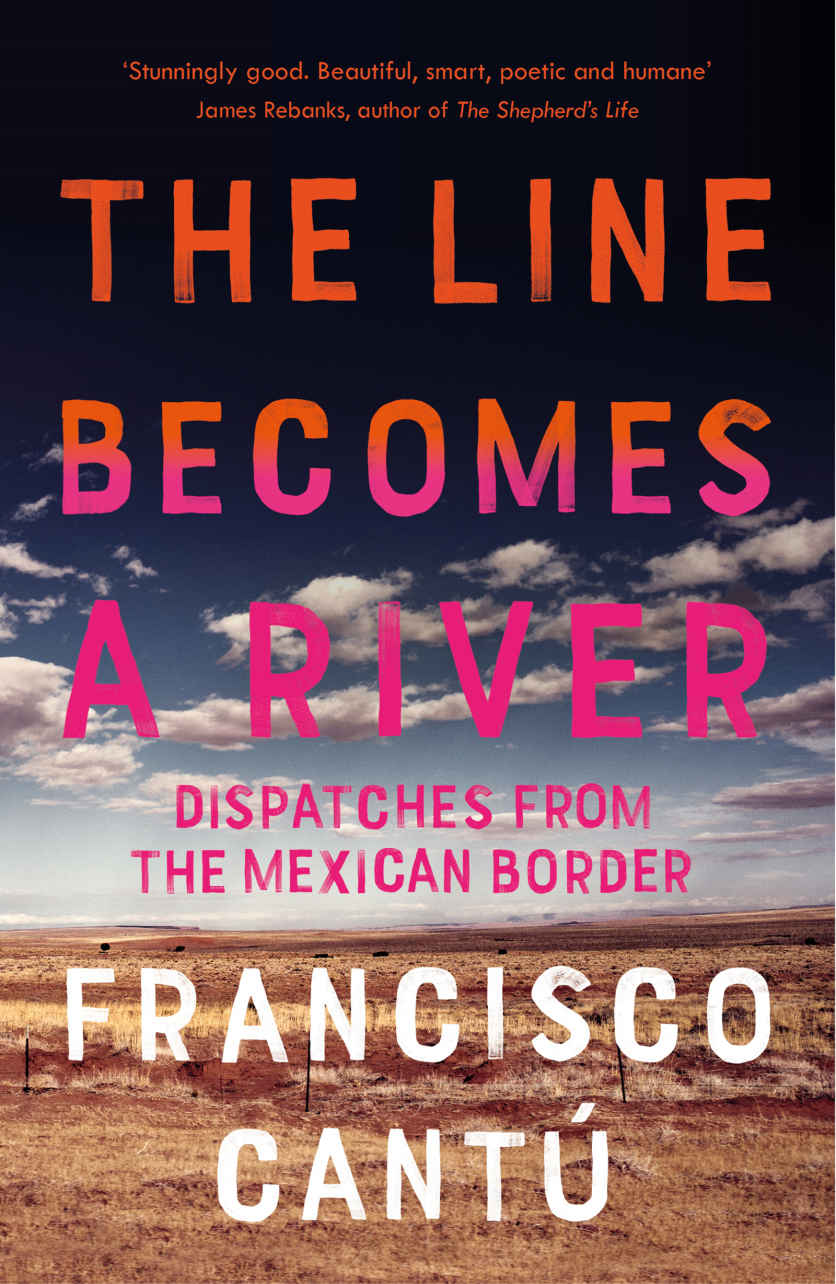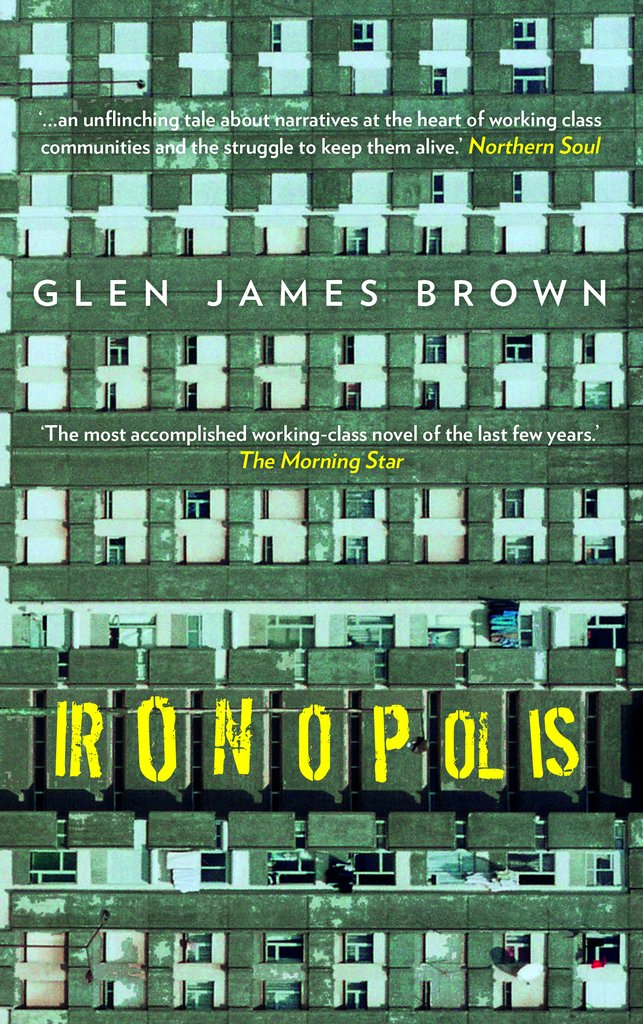
‘Mesmerising. As cliched as it sounds – I really couldn’t put this book down. It was a real page-turner and one of those books that stays with you for days to come’ – Tulip Siddiq

‘Mesmerising. As cliched as it sounds – I really couldn’t put this book down. It was a real page-turner and one of those books that stays with you for days to come’ – Tulip Siddiq

‘In Nightmarch Alpa Shah explains the logic behind the Naxalite movement in India through her own encounters with them. She does so beautifully and thoughtfully, in sympathy yet critically, academically yet in the most simple and absorbing of ways’ – Helen Pankhurst

Akala is a BAFTA and MOBO award-winning hip-hop artist, writer, political commentator and social entrepreneur, as well as the co-founder of The Hip-Hop Shakespeare Company. An internationally renowned musician, Akala has led innovative projects in music, education and the arts internationally. More recently known for his compelling lectures and journalism – he has been awarded an honorary degree from Oxford Brookes University and the University of Brighton, written for the Guardian, Huffington Post and the Independent, appeared on Channel 4, ITV, MTV and the BBC, and spoken for the Oxford Union and TEDx. Natives, his book on race and class in Britain, has been shortlisted for the Jhalak Prize and the James Tait Black Prize.

Caitlin Davies was born in London in 1964. She is the author of five novels and five non-fiction books, and has worked as a teacher and freelance journalist for 25 years. In 1989 she moved to Botswana where she worked for the country’s first tabloid newspaper, the Voice, and later as editor of the Okavango Observer. She received a Journalist of the Year award. From 2014-2017 she worked as a Royal Literary Fund Fellow at the University of Westminster, Harrow, in the faculty of Media, Arts & Design.

Isabel Hardman is a journalist and broadcaster. She is Assistant Editor of The Spectator and presents Week In Westminster on BBC Radio 4. In 2015, she was named ‘Journalist of the Year’ at the Political Studies Association’s annual awards. She lives in London.

Lindsey Hilsum is Channel 4 News International Editor. She has covered many of the conflicts of recent years, including Syria, Ukraine and the Arab Spring – sometimes alongside Marie Colvin. In 1994, she was the only English-speaking foreign correspondent in Rwanda when the genocide began. She was in Belgrade for the 1999 NATO bombing of Serbia, and in Baghdad for the 2003 US invasion of Iraq. She has won awards from the Royal Television Society and BAFTA amongst others, and was the recipient of the 2017 Patron’s Medal from the Royal Geographical Society. Her last book Sandstorm: Libya from Gadaffi to Revolution was described by the Observeras ‘an account with historical depth to match dramatic reportage.’

Julian Jackson is Professor of History at Queen Mary, University of London and one of the foremost British experts on twentieth-century France. His previous books include France: The Dark Years, 1940-1944, which was shortlisted for the Los Angeles Times History Book Award, and his celebrated The Fall of France, which won the Wolfson History Prize in 2004. He is a Fellow of the British Academy and Commandeur dans l’Ordre des Palmes Académiques.

Patrick Radden Keefe is a staff writer at the New Yorker magazine and the author of two critically acclaimed books, The Snakehead and Chatter. He received the National Magazine Award for Feature Writing in 2014, was a finalist for the National Magazine Award for Reporting in 2015 and 2016 and is the recipient of a Guggenheim Fellowship and an Eric and Wendy Schmidt Fellowship at the New America Foundation.
This haunting and timely portrait of The Troubles opens with the disappearance of a mother of ten and radiates outwards to encompass the entire conflict, giving voice to characters and stories often shrouded in silence, and leaving an indelible and nuanced impression of the human cost of this unstable chapter of history.”
Ted Hodgkinson

“Sulaiman Addonia’s lyrical, intense second novel was ten years in the making. It opens with a riff on the Italian classic film Cinema Paradiso to show us what that film leaves out: the lives of East Africans first colonised by Italy, then caught in a 30 year war which created thousands of Eritrean refugees. In prose that blurs the lines between realism and cinematic fictions, Addonia gives us another take on Paradiso’s missing reel: through uncensored scenes of female desire he explores the politics of sisterhood to claim the novel’s place as work of multifaceted resistance. All this is done through the characters of Saba, a young Queen of Sheba, and her mute brother Hagos who are newly arrived in the camp. Though they live under constant surveillance from others, they switch gender roles, love where they will and dream of speaking on their own terms. Meanwhile they must navigate the violence of British intervention, UN aid programmes and their own culture, which rejects homosexuality and cuts women to deny them sexual pleasure. Through prose that insists there is no difference between the profane and the profound, Saba and Hagos emerge as loving and loyal, funny, resourceful and sexual. This is a unique novel with a pair of central characters rarely seen in fiction.”

“Red Clocks carves out a space of its own in the tradition of
feminist near-future dystopias. Here¹s a North America not gaudily
reinvented but just slightly tweaked from our own, and the more disturbing
for it. Roe vs Wade has been overturned; abortion criminalised; the
two-parent family now not so much normal as compulsory. In several voices,
with huge narrative pace and literary artfulness, Leni Zumas evokes the
effect on that of the everyday lives of the several different women whose
intersecting stories it describes.”

“A brilliantly evocative and laugh-out-loud funny debut novel presents life and the longing to make art on the fictional Burn Council Estate, in post-industrial Middlesborough. Glenn James Brown’s fierce, compassionate, multi-voiced story follows its characters across generations as the UK’s crisis in social housing hits the 1990s and becomes acute. Domestic details are documented with moving accuracy as he weaves his story together through oral history projects, found letters, celebrated paintings and local myths. Ironopolis celebrates a community and mourns its demise; it damns the politics of individualism and property greed to write a great slice of disappearing working class life into our national canon.”

Milkman won the Man Booker Prize in 2018 the National Book Critics Circle Award in 2019. Anna Burns, born in Belfast, is the author of two other novels, No Bones and Little Constructions, and of the novella, Mostly Hero. No Bones won the Winifred Holtby Memorial Prize and was shortlisted for the Orange Prize for Fiction.
Milkman is a remarkable book — recording a specific time and a specific conflict with brilliant precision but universal in its account of how political allegiances crush and deform our instinctive human loyalties. Its tone of voice — wry and funny, furious and compassionate — is a marvel.”
Tom Sutcliffe

“Sam Byers’ Perfidious Albion offers a sharply drawn cartoon of our current moment, a Hogarthian picture of a nation drunk on its own rancorous opinions. It’s a book about rage, about those who seek to exploit it, and the unnerving ease with which online social networks can dissolve our connections to those we live alongside.”

“The sour pun in the title of David Chariandy’s short, elegiac
novel crystallises its place in the conjunction of sexual and racial and
family politics. It shuttles back and forth in time to describe the
narrator’s relationship with his older brother and their Trinidad-born
single mother, in a poor part of Toronto, the death of that brother and
the aftershocks of his death. It speaks of ‘complicated grief’. It’s a
book of great lyric precision and emotional resonance: an epic crammed
into the space of a novella.”

“The luminous prose of Jacqueline Crooks’s stories thread together the migratory entanglements of Indian coolie labour and Black enslavement in the Carribbean at the turn-of-the-century through to London in the 2010s and back again. The Ice Migration’s striking parabolic structure disrupts linear trajectories of time and geography; haunting, visions, and duppies trouble the progression of modernity. The concatenated sketches in this family history explore survival, pain, and often tender, lyrical moments in the midst of the grand scale of colonial and postcolonial injustices.”

“Nick Drnaso’s subdued yet searing graphic novel depicts the collision between fake news and real tragedy in our contemporary media climate. Drnaso’s understated art style underscores the collateral damage from the trauma of a missing loved one, while the complex layering of the comics panels conveys the uneven tempos of grief and the creeping nature of doubt and paranoia. Sabrina questions the divisions between authoritative and informal processes of knowledge production and manipulation from the level of internet forums to the apparatuses of national security.”

“Diana Evans’ Ordinary People is part love story, part ghost story; an immersive, heartfelt and sometimes excruciating portrait of middle-class married life in a mixed up, wished-for cosmopolitan world. It is also a piercing exposé of race and gentrification in contemporary South London. While its sensitive main character Melissa is haunted by the Victorian city’s erasure of its class and Imperial history, the pull of her mother’s traditions and the political thought and work of Toni Morrison deeply infuse this book. With great control, Evans counterpoints global black and mixed race excellence with the parent-baby-mortgage-holiday struggles of everyday lives, and questions what it means to be ‘ordinary people,’ today. Through her shifting prose she makes beautiful confusion of any fixed idea of a centre or its margins, and reveals identity and love to be fluid, revolutionary things.”

“Guy Gunaratne’s very timely book In Our Mad and Furious City makes us listen to voices that are usually heard only in caricature, faithful to their distinctiveness but alert to nuance that is often left out. A powerful, compelling fiction about how our better natures can be vulnerable to fear and incitement.”